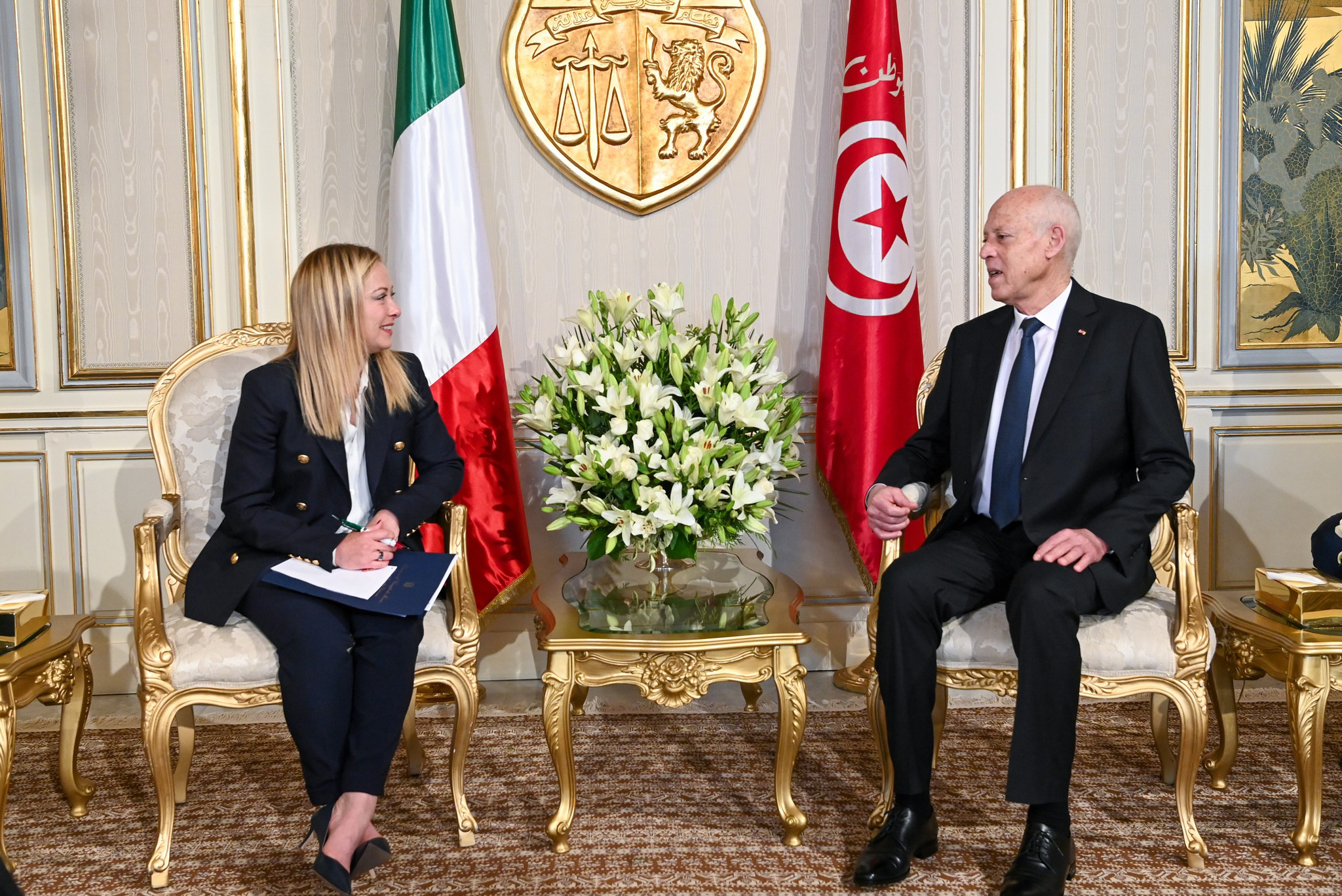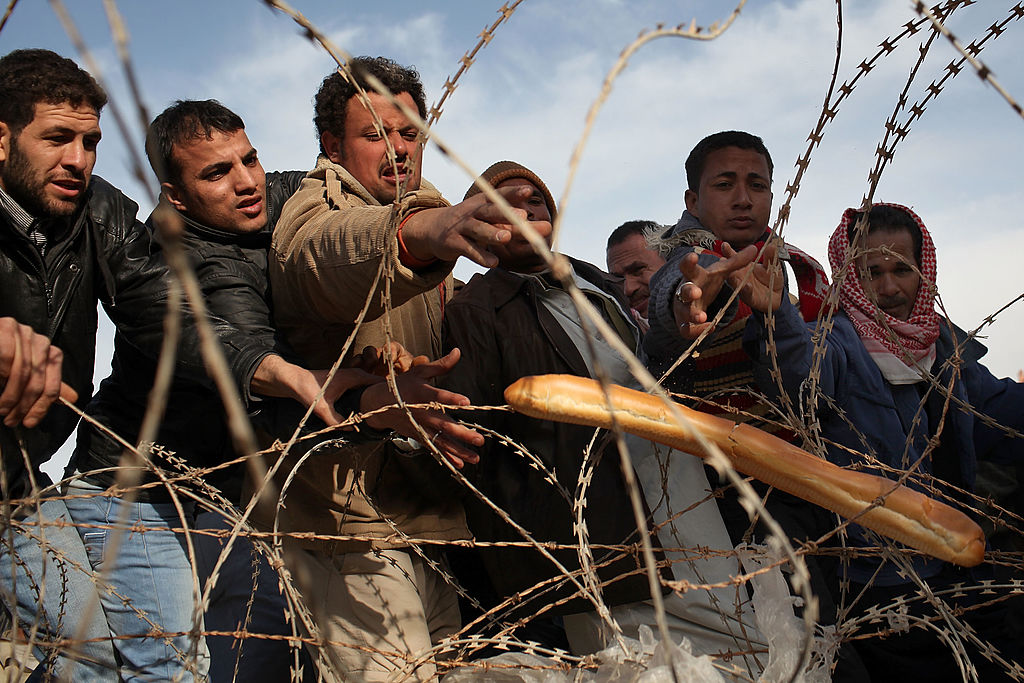Nigeria has received 108 repatriated Nigerians from Libya as part of a concerted effort to reverse mass migration.
Nigeria’s National Emergency Management Agency (Nema), which focuses on disaster management in the country, welcomed the returnees after help from the International Organisation for Migration (IOM), a UN agency that provides services to governments to manage migration.
The Nigerian migrants were flown back to their country on an Al Buraq Air Boeing 737-800, which landed at the Murtala Muhammad International Airport in the Nigerian city of Ikeja.
The majority of those repatriated were women and children. The group consisted of 46 adult females, two female children, four male children, one female infant and four male infants. There were also 52 male adults.
Sub-Saharan African migrants who remain stuck in Libya while attempting to reach Europe are often left living in slave-like conditions, say observers. Migrants remain at the mercy of human traffickers, while various militias and tribes fight to control Libya’s divided territories. They rarely have the economic means to return home, as they have usually paid people-smugglers significant amounts of money in their attempts to reach Europe.
The director general of Nema, Alhaji Mustapha Habib-Ahmed, represented by the Lagos Territorial Office Coordinator, Ibrahim Farinloye, argued that Nigeria’s newly installed administration is determined to help the country’s struggling economy by providing new opportunities encouraging migrants to stay rather than feel forced to attempt the perilous journey to reach Europe. Habib-Ahmed said retaining Nigeria’s human capital was necessary to help improve the national economy.
Nigeria has the largest young population in the world; around 70 per cent of its people are under 30 years of age, and 42 per cent are under 15 years old. Many Nigerians feel compelled to attempt to leave as the country’s unemployment rate continues to rise, hitting more than 30 per cent between 2010 and 2020, according to Bloomberg. In 2020, some 1.7 million migrants tried to flee Nigeria, according to the UN’s Department of Economic and Social Affairs
In addition to mass unemployment, the inflation rate was at 20 per cent by July last year, the highest since September 2005, AFP reported.
Habib-Ahmed emphasised the government’s desire to assist the country’s youth by encouraging them to enter Nigerian politics where their energy and abilities could be best used to help the nation prosper. “The President [of Nigeria] seeks to help the youth and women actively participate in the implementation of all policy,” he said.
As well as welcoming the returned migrants, Habib-Ahmed further commented: “The youths will be the driving force of all decisions in the present administration because of the importance that the leadership of this nation has placed on tapping the potential of the largest segment of the population.”
He urged the repatriated Nigerians to take the opportunity to discourage other young people still planning to flee for Europe.
Given the costs associated with trying to do that, many Sub-Saharan African migrants are from middle-class backgrounds; an attempt to reach Europe is expensive and requires paying various people-smugglers, especially in Libya. The poorest in those societies remain stuck in their home countries.
If Sub-Saharan African nations were to follow Nigeria’s expressed policy intentions, an international, concerted effort could help put an end to mass migration, say observers. In addition, that would better enable countries to retain their human capital and would allow destination countries to control the influx of migrants, quelling growing hostility towards new arrivals.





